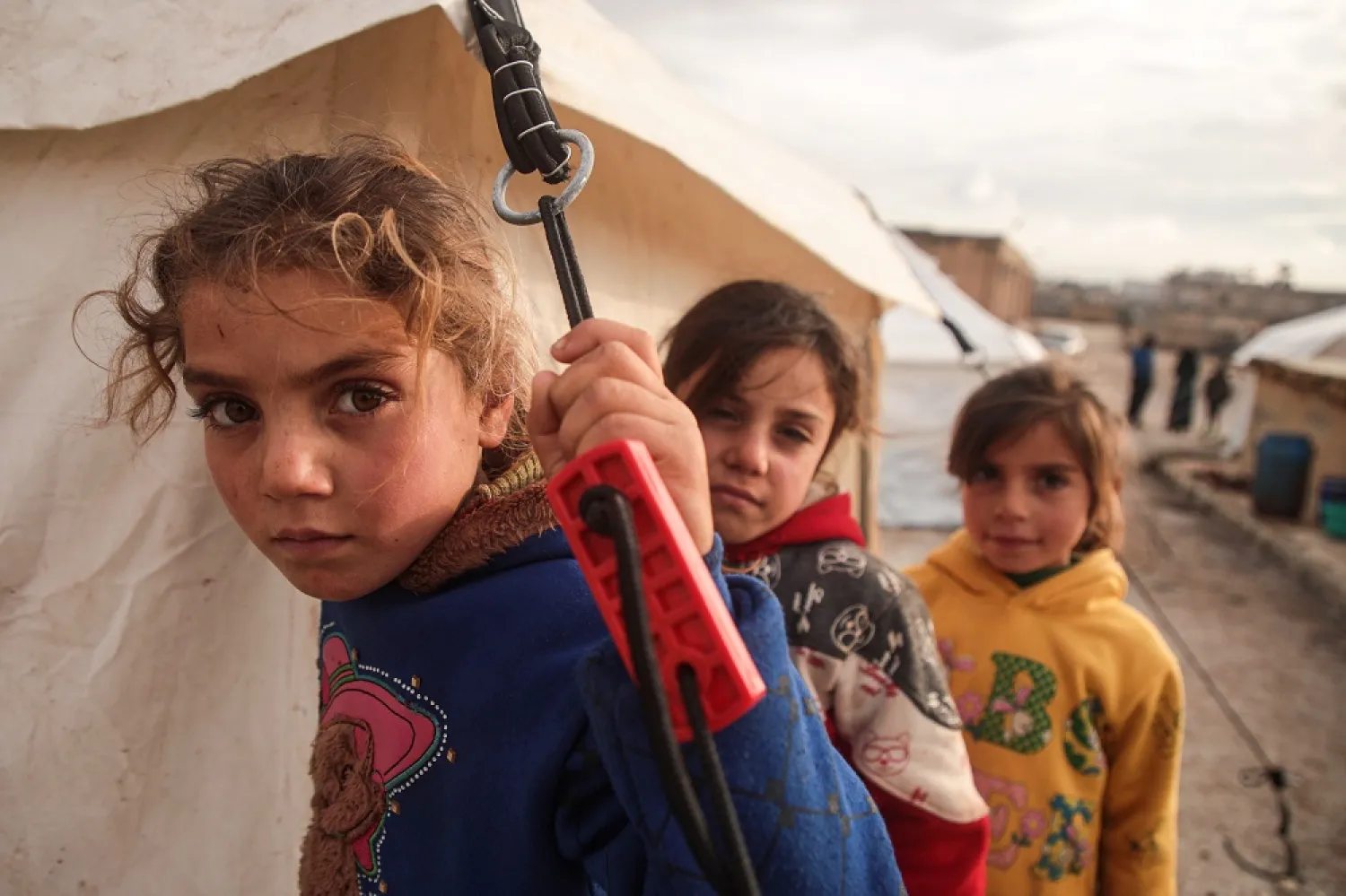When Russia agreed in July 2014 to pass resolution 2165 that allowed the delivery of humanitarian aid to Syria through the border without Damascus’ approval, it received in return a pledge that the “Libyan deception” will not be repeated. It was referring to resolution 1973, issued in March 2011, to impose a no-fly zone over Libya and allow necessary measures to protect civilians and use military force by western powers to impose change in Libya.
Six years later, Moscow is exploiting the shifting situation in Syria, including its direct military presence there and the Middle East, including Libya, to pressure the United States and its allies to present more concessions before approving the short-term extension of the special UN resolution to deliver humanitarian aid to Syria through border crossings.
Between 2014 and 2019, the extension of resolution 2615 used to take place in a routine vote and Russia and China’s abstention. The resolution called for the continuation of aid deliveries through one border crossing with each of Iraq and Jordan and two with Turkey. The first western concession took place in December when Russia used its 14th veto on Syria when it moved against the continuation of the use of the four crossings. It instead called for the ongoing use of the two Turkish portals. At the time, it said that Syrian forces were now deployed in the South and east of the Euphrates River. It believed that there was no longer a need for delivering aid through the Iraq and Jordanian borders.
Politically, Moscow was pressuring western countries and UN agencies to work with the regime and work around Washington’s efforts to bar the normalization of relations with Damascus. Indeed, the resolution was re-drafted after western countries agreed to use the two border crossings. Moreover, they agreed to reduce the duration of the deliveries from one year to six months. The Security Council adopted the new resolution in January and it saw the delivery of aid to northwestern Syria where some 4 million people reside.
The second round of concessions appeared to draw near as the six months are now up. Western countries have raised their rhetoric and Washington once again began talking about using the al-Ya'rubiyah border between Iraq and the region east of the Euphrates. The World Health Organization in April submitted a request to the UN for the urgent opening of the crossing as part of efforts to combat the coronavirus outbreak. The plea was backed by western countries.
In June, UN Secretary-General Antonio Guterres asked for an extension of the delivery of aid through the Bab al-Salam and Bab al-Hawa crossings with Turkey for an additional 12 months. He also backed the opening of the al-Ya'rubiyah crossing, saying that since its closure, the delivery of aid to the majority of medical facilities in northeastern Syria was being hampered.
But none of this happened. The WHO removed the request from its memo and Russia stood in the way. Baghdad informed the Syrian Democratic Forces that it would not open the al-Ya'rubiyah crossing without the approval of the Syrian government.
Now, Moscow is pushing the Security Council to make two concessions: Eliminating the Bab al-Salam crossing on Turkish border and that leads to Aleppo and for Guterres to submit a monthly report to the Security Council on the impact western sanctions are having on the humanitarian situation in Syria. This was seen as a response to the European Union’s decision in June to extend, for a year, sanctions against Damascus. The extension coincided with Washington’s implementation of the Caesar Act.
Russia resorted to its veto twice in one week over the decision to extend aid deliveries. Western countries, in turn, vetoed a Russian proposal to extend deliveries at one crossing for six months. As western countries and Russia continued to tussle in New York, concern was mounting Idlib as more cases of the coronavirus are being reported. Ultimately, the Security Council on Saturday approved aid deliveries to Syria through one border crossing from Turkey, a day after its authorization for the six-year-long humanitarian operation ended, leaving millions of Syrian civilians in limbo.
















